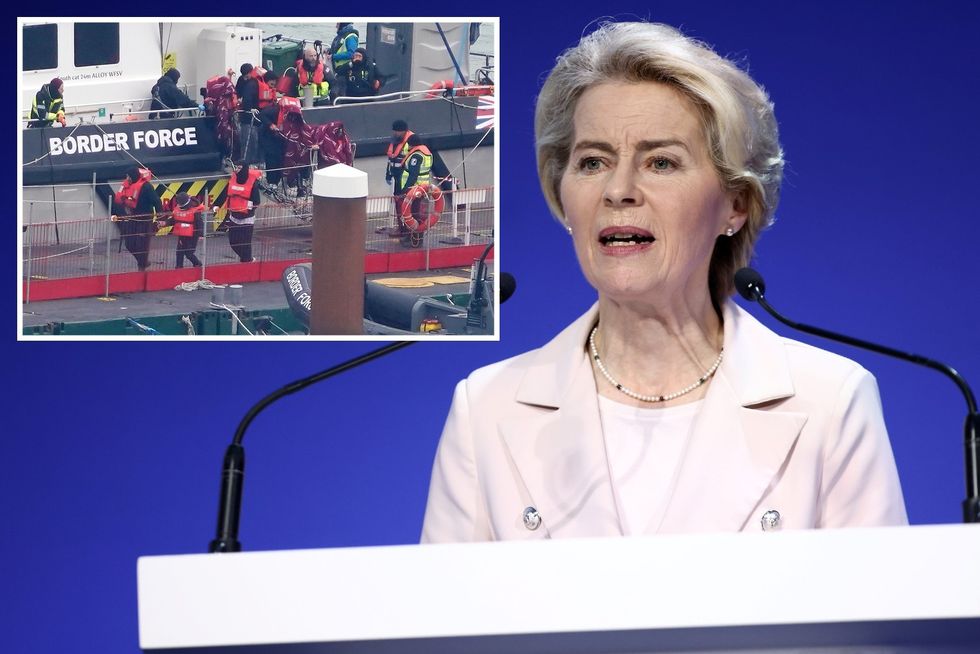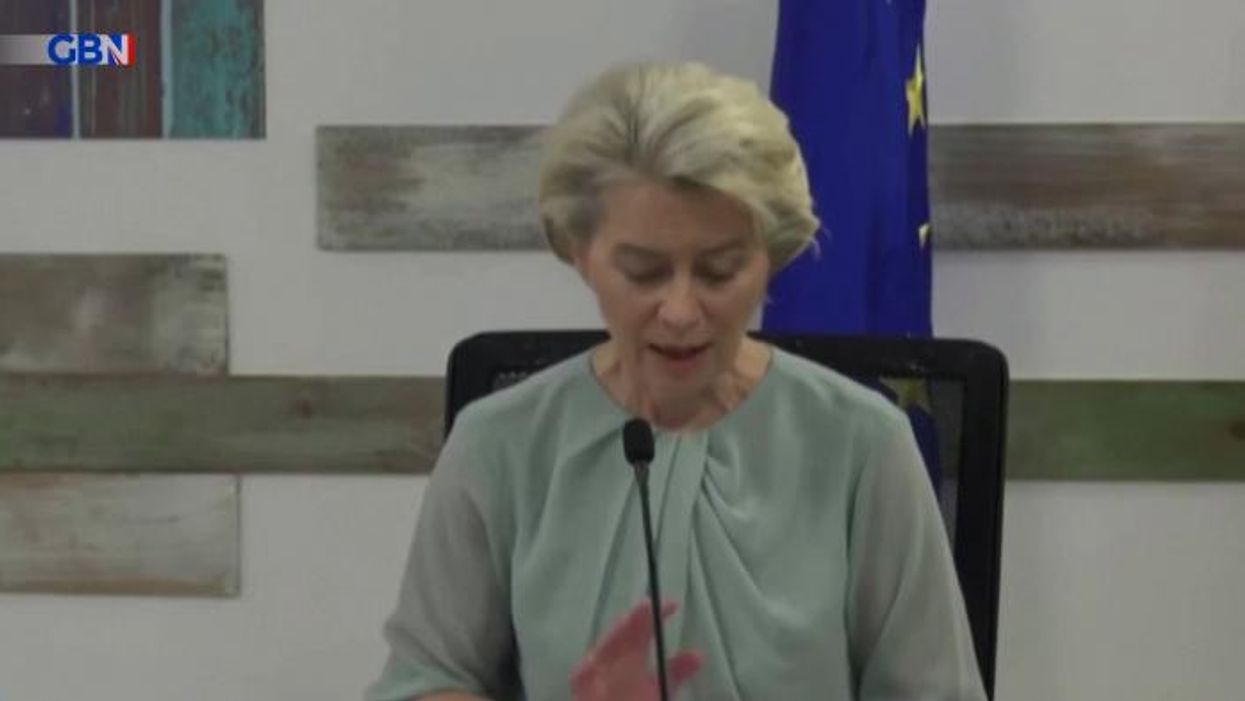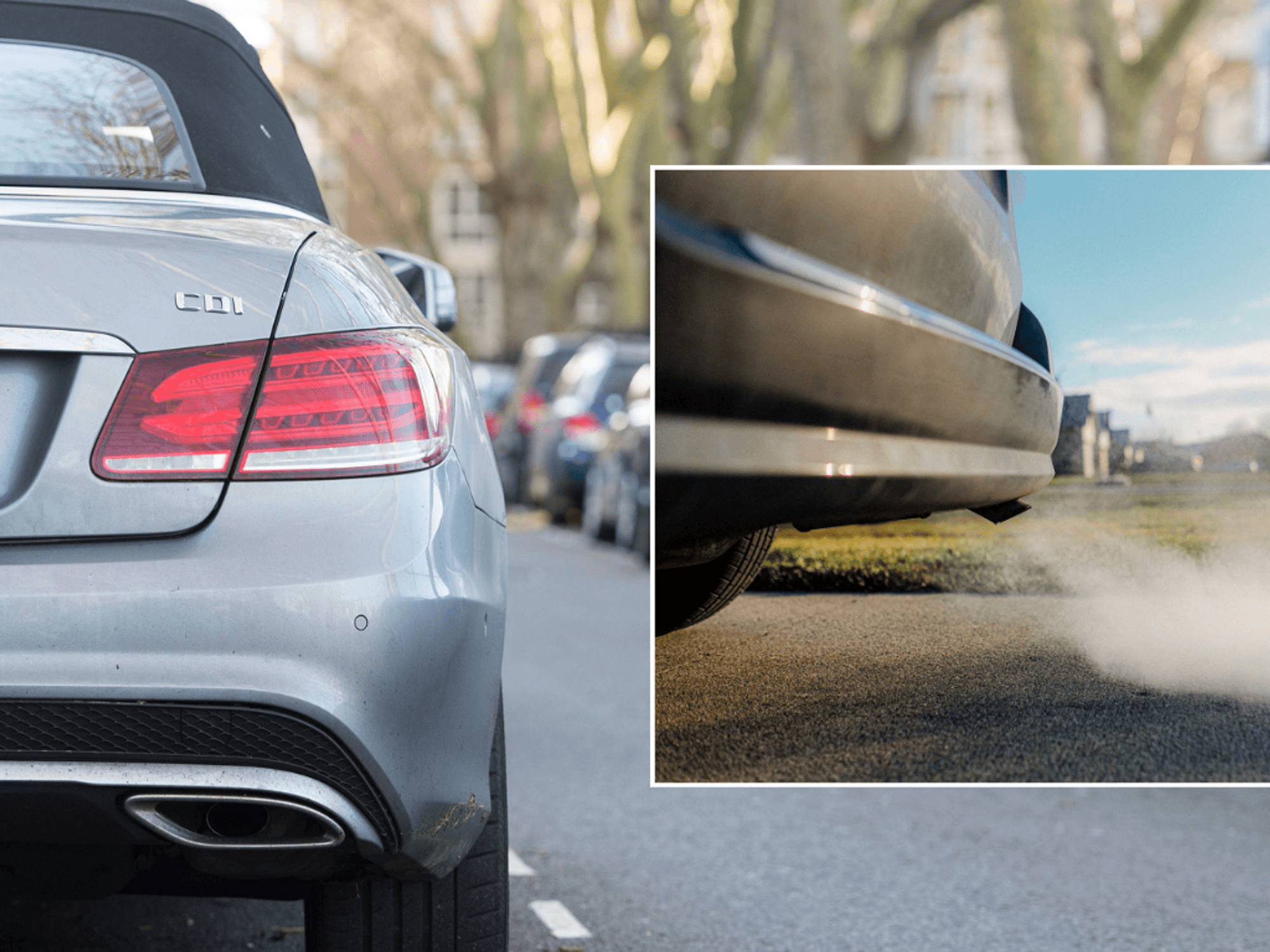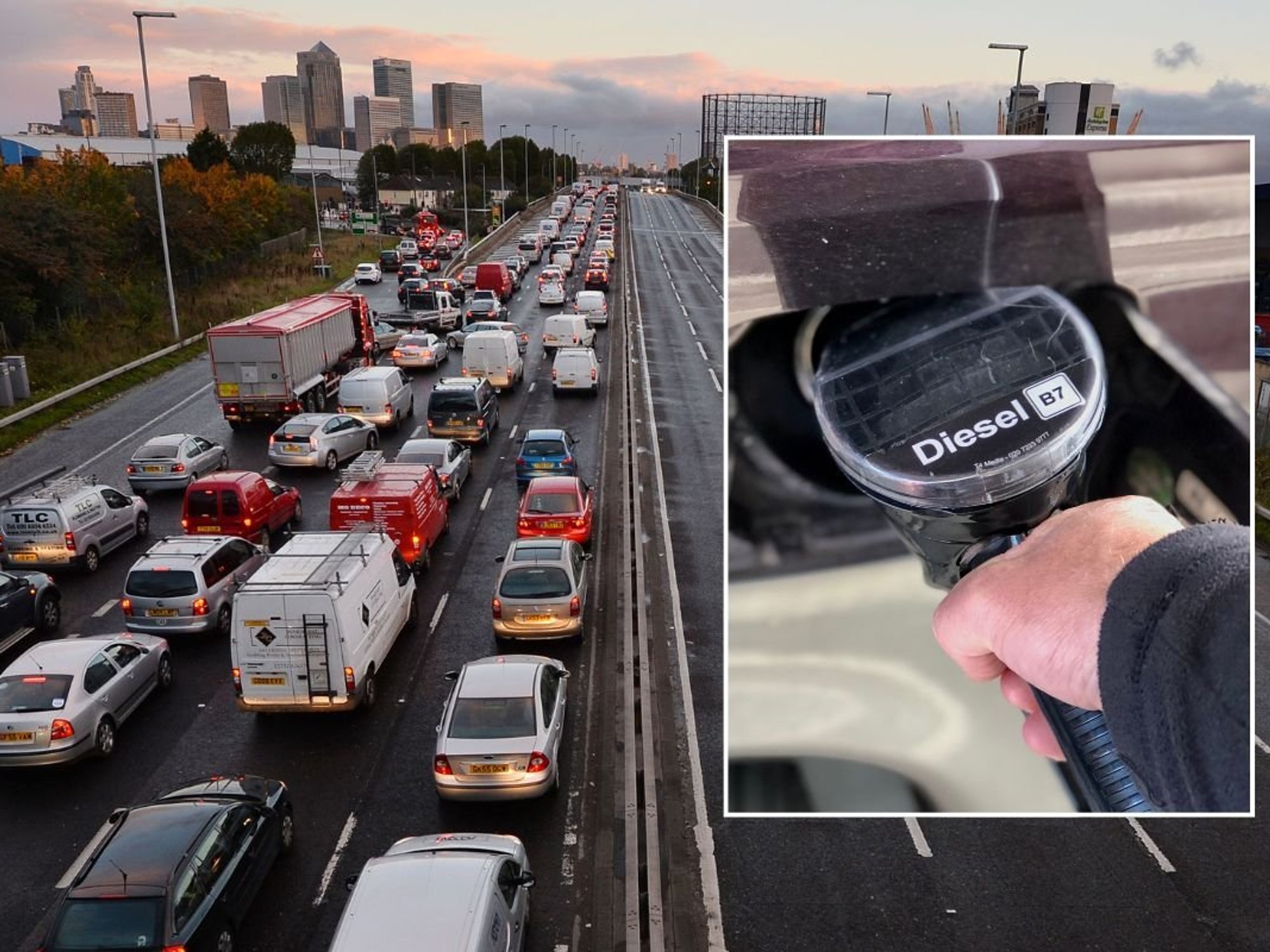Brussels approves historic migration crackdown as EU shifts to the right
WATCH: Von der Leyen says 'We will decide who comes to the European Union'
|
The new migration pact comes in the wake of mounting pressure on the bloc to introduce measures to crack down on arrivals
Don't Miss
Most Read
The EU has voted to introduce a historic crackdown on migration, in what is seen as a shift to the right.
The Migration Pact was approved by EU ambassadors yesterday evening. It proposes the detention of migrants for up to six months in some cases, as well as the detention of unaccompanied minors deemed to be a security risk.
The plans limit the number of people coming into the EU, as well as coming to an agreement designed to share the cost of hosting migrants and refugees.
Ukrainian refugees will be exempt from the restrictions, as part of the EU's temporary protection directive.

The EU has voted to introduce a historic crackdown on migration, in what is seen as a shift to the right
|PA
The vote came after the bloc reached an agreement on reforms to its migration rules last year. At the time of the agreement, President of the European Parliament Roberta Metsola said: "The EU reached a landmark agreement on a new set of rules to manage migration and asylum."
European Commission President Ursula von der Leyen added: "Migration is a common European challenge – today’s decision will allow us to manage it together".
The new migration pact comes in the wake of mounting pressure on the EU to introduce measures to crackdown on migration from its member states. It comes alongside the mounting popularity of right-wing parties in member states, most of whom are campaigning on a promise to limit migration.
As many as 11 EU countries had already broken with Schengen free movement rules to introduce controls on migration.
Countries including France, Slovakia, Sweden and Germany have re-instated border restrictions including identity vetting, passport checks, police interviews, static checkpoints and vehicle inspections.
Such restrictions on movement were abandoned many years ago as part of the Schengen Treaty.
But they are now viewed by a number of countries as being essential to stop "infiltration" by terrorists posing as migrants.
Peter Szijjarto, the foreign minister of Hungary, last year issued a warning to the EU over its migration policy.
He said: "If Brussels does not change its migration policy, we could find ourselves where we do not want to be: in an era of Europe torn apart by old borders."
This came after Italy escalated its own internal border checks with neighbouring Slovenia as part of an attempt to reduce the "increased threat of violence within the EU", which the country believes has escalated since the outbreak of the Israel-Hamas war.
Italy said the changes were necessary as a result of the growing risk of terrorists arriving due to "constant migratory pressure from land and sea".
In the wake of Italy's border checks, Slovenia did the same with its borders with Hungary and Croatia, claiming it faces the same issues as Italy.
Slovenia also claimed to be facing "threats to public order and internal security".
Meanwhile, Sweden has warned it is conducting checks at all its border points to combat terrorism.
LATEST DEVELOPMENTS:
Andrej Plenkovic, the prime minister of Croatia, backed the move by other European countries.
He said: "The EU is surrounded by a series of very big crises... bigger than any time in the past 30 years.
"We have Putin's aggression against Ukraine, Hamas's attack on Israel, all this in the context of intensified flows of illegal migration."











